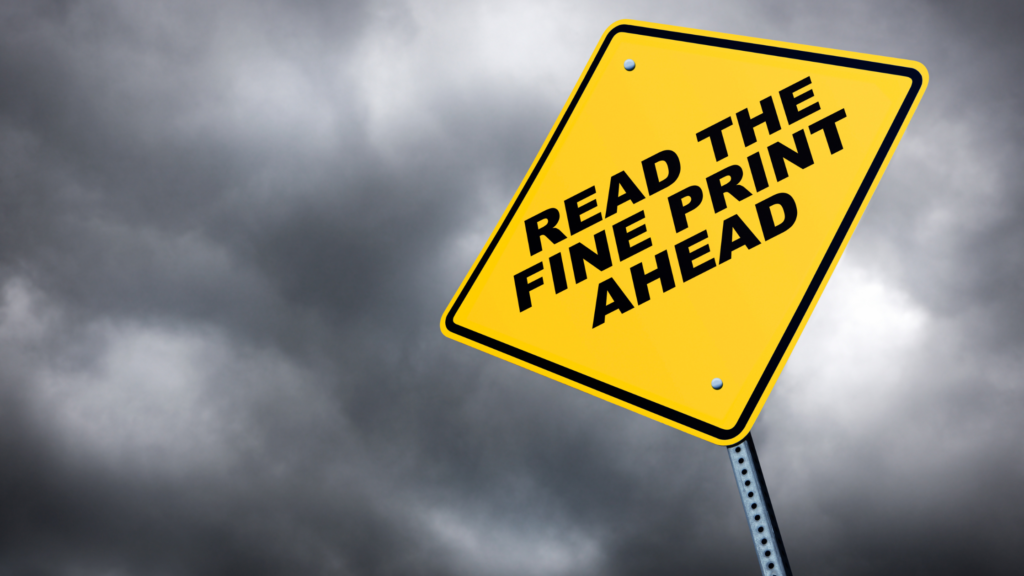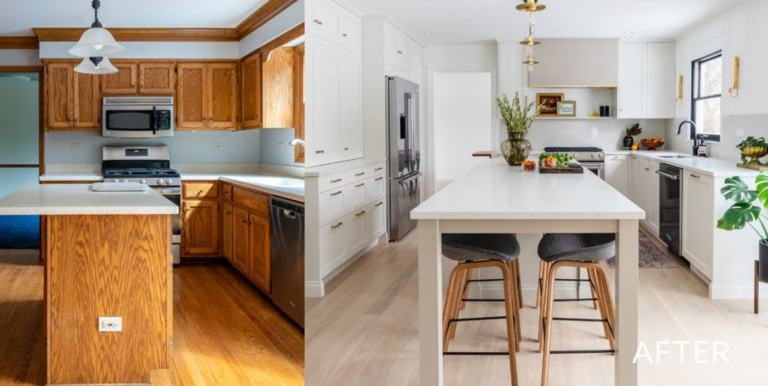Homeowner’s insurance: you’ve probably heard of it, and if you’re a homeowner, you’ve likely dealt with it. But how do you decide which provider to go with? Why is homeowner’s insurance so crucial?
Why homeowner’s insurance is essential
Imagine this: A storm hits your area, and a tree crashes into your home. Without insurance, the cost to repair damages falls squarely on your shoulders. Homeowner’s insurance is like a safety net, providing financial protection against unforeseen circumstances, from natural disasters to thefts.
Factors to consider when shopping
When on the hunt for the perfect homeowner’s insurance, it isn’t just about the price. Think of it as finding a reliable partner. Would you choose someone based solely on their appearance, or would you dig deeper?

Understanding Coverage Options
Basic vs. Extended Coverage
Like the name suggests, basic coverage takes care of…well, the basics. It might protect against fires, theft, or certain types of water damage. Extended, on the other hand, goes the extra mile. Floods? Earthquakes? The right extended policy has got you covered.
Additional riders and endorsements
Beyond the standard, there’s the unique. Maybe you have valuable artwork or a jewelry collection. Riders and endorsements can be added to ensure these are covered too.

Comparing Companies
Not all insurance companies are created equal. So, how do you sift through the options?
- Reputation and reviews
Ever asked a friend for restaurant recommendations? The same applies here. Check online reviews and ratings. Trustworthy companies have nothing to hide.
- Customer service experience
Have you ever been put on hold for hours? Stellar customer service can make the claims process smoother and less stressful.
- Claim settlement ratio
Numbers don’t lie. A high claim settlement ratio indicates the company doesn’t shy away from its responsibilities.
- Cost and Discounts
While you shouldn’t compromise on coverage, you don’t want to overpay either.
- Premium pricing factors
Several factors determine your premium, from the age and condition of your home to its location. Knowledge is power; understanding these can help you negotiate.
- Available discounts
Who doesn’t love a good discount? Many companies offer reductions for safety features, bundling policies, or loyalty.

Evaluating the Policy
The fine print. We all dread it, but it’s essential.
Policy exclusions
Just as important as what is covered is what isn’t. Be sure you’re clear on the exclusions to avoid nasty surprises. For instance, most standard policies might not cover damages from natural disasters like floods or earthquakes. They may also exclude damages resulting from poor maintenance or general wear and tear. Additionally, specific valuable items such as high-end electronics, jewelry, or art collections might not be covered under a standard policy unless explicitly added.
Deductibles and limits
Your deductible is what you’ll pay out of pocket before your insurance kicks in. And your limit? It’s the maximum your insurance will pay.
A deductible is an amount the policyholder agrees to pay out-of-pocket for damages before the insurance company begins to cover costs. For example, if your deductible is $1,000 and you have damages amounting to $5,000, you’ll pay the first $1,000, and the insurance will cover the remaining $4,000.
On the other hand, the limit on your insurance policy represents the maximum amount the insurance company will pay for a claim. If your policy has a limit of $300,000, and your house suffers damages totaling $400,000, you would be responsible for the additional $100,000 unless you have other financial arrangements or endorsements in place.
The LeaderOne Lowdown on Choosing the Best Homeowner’s Insurance
Choosing the right homeowner’s insurance provider is no small feat. It’s about more than just the numbers; it’s about trust, reliability, and peace of mind. By doing your homework, understanding your needs, and asking the right questions, you can find the perfect match. Our team would be happy to help match you with a great local company.
FAQs
What is the difference between replacement cost and actual cash value in homeowner’s insurance?
- Replacement cost will pay to replace your property at current market prices, while actual cash value considers depreciation.
Do I need flood insurance?
- Regular homeowner’s policies don’t cover floods. If you live in a flood-prone area, it’s advisable to get separate flood insurance.
Can the insurance company cancel my policy?
- While insurers can cancel if they find an increased risk, most cancellations are due to non-payment of premiums.
How often should I review my policy?
- It’s wise to review your policy annually or whenever there are significant changes to your home.
What factors can lower my premium?
- Improving home security, updating the home’s electrical or plumbing systems, and bundling policies can help reduce premiums
DISCLAIMER: This article is intended for informational purposes only and does not constitute legal, financial, or insurance advice. While every effort has been made to ensure the accuracy of the information provided, readers are encouraged to consult with a licensed professional before making any decisions related to homeowner’s insurance. LeaderOne Financial Roller Mortgage Team is not responsible for any actions taken as a result of the information or advice provided in this article



